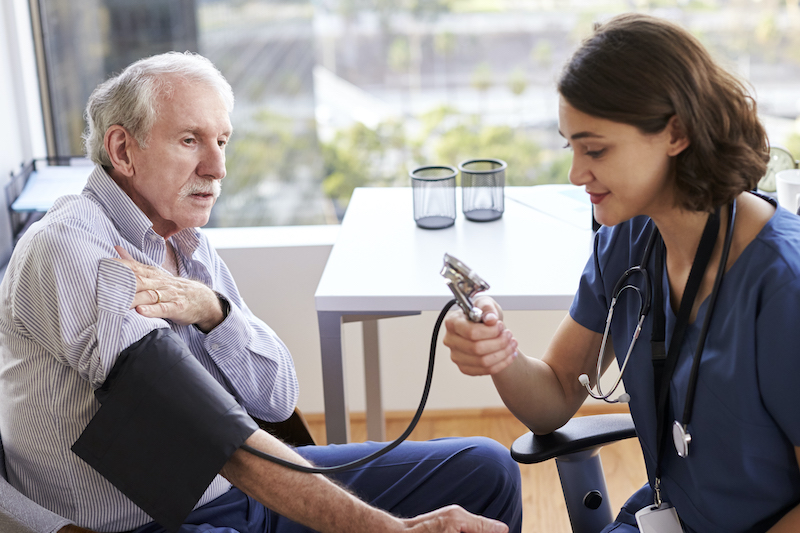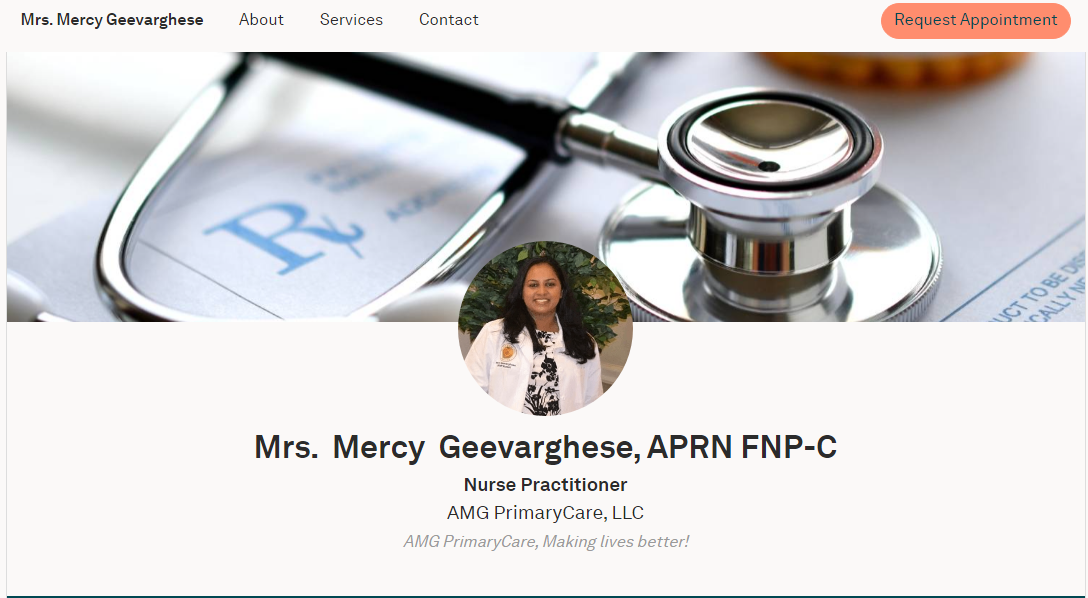High blood pressure is blood pressure that is slightly higher than normal. If your blood pressure is between 120/80 mmHg and 129/80 mmHg, you have elevated blood pressure. Having blood pressure that is slightly higher than normal increases your risk for developing chronic, or long-lasting, high blood pressure in the future.

There are several risks for High Blood Pressure. Risk Factors include Age, Family History, Obesity, Smoking, Alcohol consumption, sedentary lifestyle. Some of these risk factors cannot be controlled, where as some can be alleviated.
What are the steps to alleviate your Risk for High Blood Pressure?
- Healthy Diet: Incorporate plenty of fresh fruits and Vegetables in your diet. Avoid food high in salt. Learn about DASH diet a healthy diet plan for those with high blood pressure. Eat whole grain foods, poultry, fish and nuts. Cut back on foods that are high in saturated fat, cholesterol, and trans fats.
- Healthy Weight: Use a BMI calculator and check your BMI. if you fall under overweight and Obese categories know your risk for cardiovascular diseases.
- Stay Active: The Physical Activity guidelines recommends that adults get at least 2 hours and 30 minutes of moderate-intensity exercise, such as brisk walking or bicycling, every week. That’s about 30 minutes a day, 5 days a week. Children and adolescents should get 1 hour of physical activity every day.
- Limit Alcohol Consumption: Alcohol consumption has never been proven benefits over risks. Do not drink too much alcohol, which can raise your blood pressure. Men should have no more than 2 alcoholic drinks per day, and women should have no more than 1 alcoholic drink per day.
- Stop Smoking: Smoking can increase your risk for high blood pressure. Wean and eventually quit smoking. Use your community resources that can help to quit smoking.
- Limit Caffeine: Try limiting the amount of caffeine you drink to 200 milligrams a day — about the same amount as is generally in two 8-ounce (237-milliliter) cups of brewed coffee.
- Sleep Well: Getting enough sleep is very essential in preventing from several medical risk factors. Lack of sleep can also contribute to elevated blood pressure. Not getting enough sleep on a regular basis is linked to an increased risk of heart disease and stroke.
High Blood Pressure or Hypertension is a silent killer. The only way to diagnose high blood pressure is by measuring your blood pressure. High blood pressure usually has no warning signs or symptoms, and many people do not know they have it. If you do not have a blood pressure machine go to your local pharmacy or stop by to check your blood pressure after grocery shopping at Walmart. Take charge of your Health.

